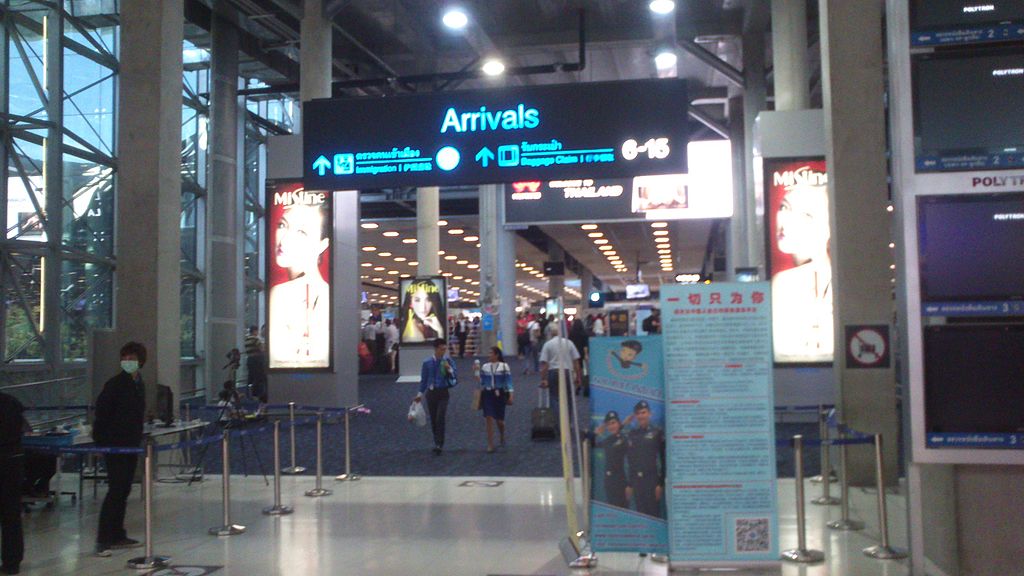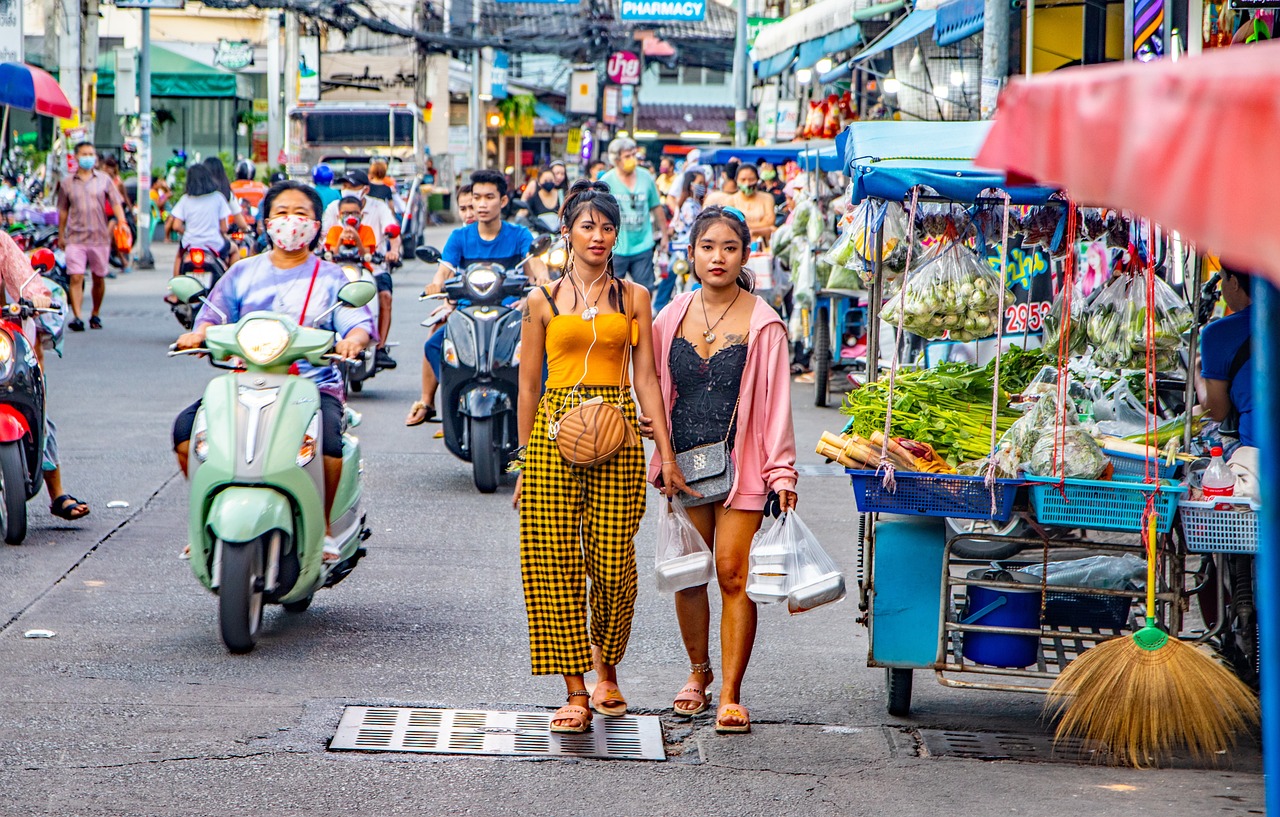While visiting Thailand, it’s essential to be mindful of local customs and cultural norms to ensure a respectful and enjoyable experience. Here’s a list of things to keep in mind to avoid inadvertently offending Thai people:
- Respect for the Monarchy: The Thai monarchy is highly revered in Thailand, and any disrespectful behavior or criticism towards the royal family is considered offensive and can lead to serious consequences. Avoid making derogatory remarks or engaging in discussions about the monarchy.
- Covering Up in Temples: When visiting temples or other religious sites, dress modestly and cover your shoulders and knees as a sign of respect. Avoid wearing revealing clothing, such as shorts, tank tops, or low-cut tops, as it can be considered disrespectful.
- Remove Shoes Before Entering Homes and Temples: It’s customary to remove your shoes before entering someone’s home or a temple in Thailand. Look for a designated area to leave your shoes before entering, and avoid wearing shoes inside unless instructed otherwise.
- Respect for Buddha Images: Treat Buddha images and religious artifacts with reverence and respect. Refrain from touching or posing inappropriately with Buddha statues, as it is considered disrespectful. Additionally, avoid pointing your feet towards Buddha images or monks, as feet are considered the lowest part of the body in Thai culture.
- Be Mindful of Your Gestures: Avoid pointing your finger or feet at people, as it’s considered impolite in Thai culture. Instead, use your whole hand to gesture. Additionally, refrain from touching someone’s head, as the head is considered the most sacred part of the body in Thai culture.
- Respect Personal Space: Thai people value personal space and tend to be reserved in public settings. Avoid loud or boisterous behavior, and be mindful of personal boundaries when interacting with locals.
- Handle Money and Documents with Respect: Treat Thai currency and official documents with care and respect. Avoid stepping on or defacing money, as it bears the image of the king. When handing money or documents to someone, use both hands as a sign of respect.
- Be Polite and Courteous: Use polite language and show respect towards others, especially elders and those in positions of authority. Greet people with a smile and a respectful “wai” (a slight bow with the palms pressed together), particularly when meeting someone for the first time or in formal settings.
- Avoid Public Displays of Affection: Public displays of affection, such as kissing or hugging, are not commonly practiced in Thai culture. Show restraint and avoid engaging in overt displays of affection in public places.
- Be Mindful of Cultural Sensitivities: Lastly, be open-minded and respectful of cultural differences. Take the time to learn about Thai customs and traditions, and be willing to adapt your behavior accordingly to show respect for the local culture.
By following these guidelines and showing respect for Thai customs and cultural norms, you can ensure a positive and harmonious experience during your time in Thailand while avoiding unintentionally offending Thai people.




